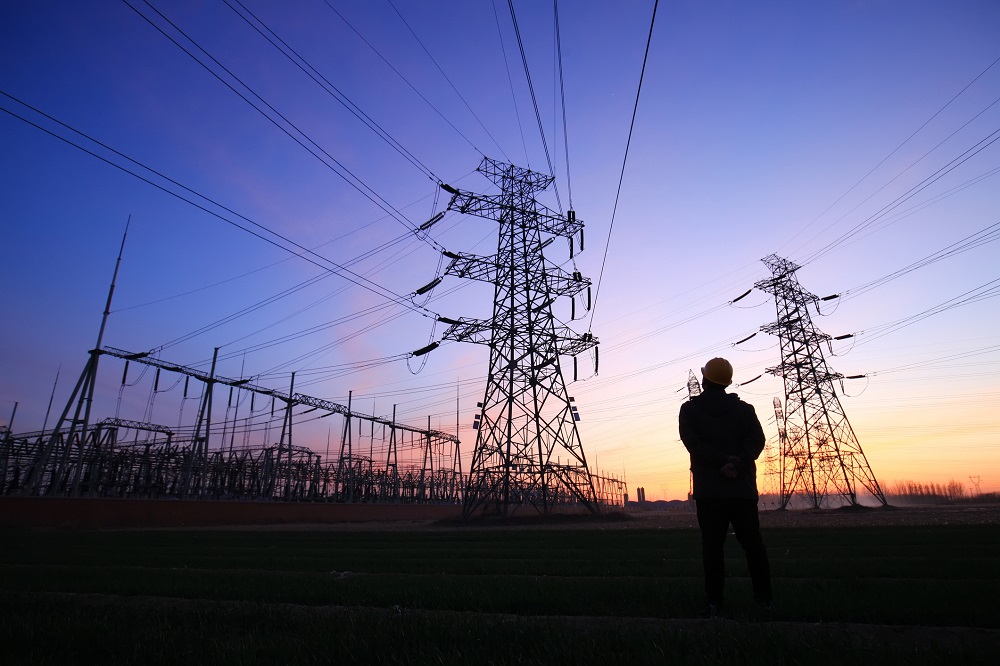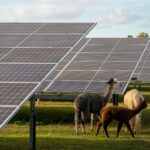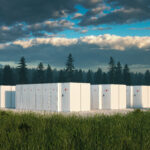Solar energy development is gaining ground in the United States, and with good reason. It provides clean energy and reduces the user’s carbon footprint. It makes sense that many landowners would be excited about the idea of using a portion of their property as a solar farm, but there are many factors that come into play in terms of a project’s viability. One of these factors is appropriate substation access.
What are substations, and why are they important?
With any source of electricity, whether a traditional electrical plant or a utility-scale solar system, substations serve an important purpose. While a house needs roughly 120 volts of electricity to operate safely, transmission lines from power plants can carry extremely high voltage. A transmission line may have 34,500-500,000 volts running through it, and if all that power were to flow into one house, the results would be deadly. A substation serves to step up power to high voltages for travel between long distances and steps down the power to a safe voltage for human use at the commercial and residential level.
An electrical substation converts voltage from high to low thresholds, or low to high, which is vital because voltage varies significantly. This type of facility is designed to regulate energy throughout a certain region, sending power back and forth from suppliers to consumers. Solar farms use solar panels to utilize energy from the sun and then take that power and send it out to homes and businesses throughout the area. Many think of it like a switching station that the utility can control.
If you’re trying to develop your property for solar use, you’ll need a substation or transmission lines nearby, depending on the size of your property. When the infrastructure is located far away, a dedicated line, called a generation tie, will have to be constructed, at a cost of about one hundred dollars per foot. Because this cost is paid by the developer, a solar project that is far from a substation is not going to be as appealing as one that’s closer and more cost-effective.


It can be complicated to get into solar development, but it helps to partner with a company with expertise in the field.
Connecting landowners with developers helps both parties make the most of their resources. Acting as a mediator between developers and landowners, Scout Land Consultants works to smoothly and successfully integrate solar development, benefiting not only those directly involved but also the environment.
If you’re interested in being part of this exciting new push toward sustainable energy, contact us today!






